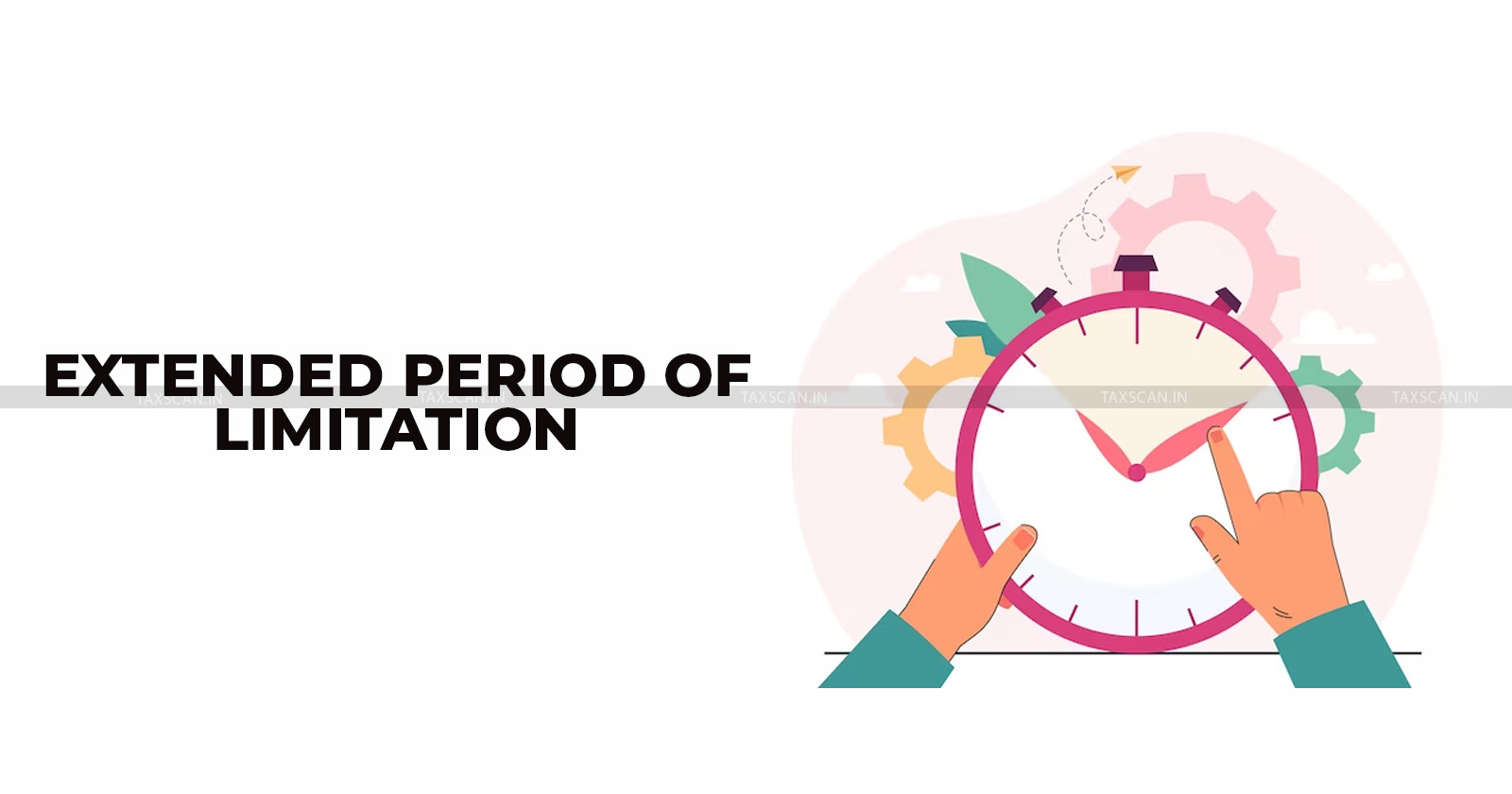Relief to TVS Motor Company: CESTAT Allows Netting Off of Excess Excise Duty in Provisional Assessment, Remands Unjust Enrichment Issue [Read Order]
Adjusting excess duty against short-paid duty is permissible during the finalization of a provisional assessment
![Relief to TVS Motor Company: CESTAT Allows Netting Off of Excess Excise Duty in Provisional Assessment, Remands Unjust Enrichment Issue [Read Order] Relief to TVS Motor Company: CESTAT Allows Netting Off of Excess Excise Duty in Provisional Assessment, Remands Unjust Enrichment Issue [Read Order]](https://images.taxscan.in/h-upload/2025/10/12/2095932-tvs-motor-cestat-excess-excise-duty-provisional-assessment-enrichment-issue-taxscan.webp)
In a recent ruling, the Customs, Excise andService Tax Appellate Tribunal (CESTAT) allowed TVS Motor Company's appeal on the issue of netting off excess excise duty, but remanded the matter for a fresh decision on the aspect of unjust enrichment.
The appellant, M/s. TVS Motor Company Ltd., is a manufacturer of two and three-wheelers. They had paid excise duty under a provisional assessment system, as certain discounts and abatements, such as freight, free service charges, and various dealer incentives, were not known at the time of clearance. After finalization, they sought to adjust the excess duty paid against periods where duty was short-paid ("netting off").
They argued this is the core purpose of provisional assessment and that they had borne the cost of these abatements, providing evidence like Chartered Accountant certificates and credit notes to show the duty burden had not been passed on to dealers or customers.
 Also Read:Extended Period of Limitation for Service Tax Not Invocable in Lack of Suppression of Facts: CESTAT Sets Aside Demand under Finance Act, 1994 [Read Order]
Also Read:Extended Period of Limitation for Service Tax Not Invocable in Lack of Suppression of Facts: CESTAT Sets Aside Demand under Finance Act, 1994 [Read Order]
The Revenue, however, had rejected this approach. The respondent (Commissioner of Central Excise) argued that there is no specific provision for "netting off" and that any refund claim is subject to the principle of unjust enrichment. They contended that TVS had failed to conclusively prove that the incidence of the excess duty had not been passed on to any other person, relying on the Supreme Court's judgment in the Addison & Co. case.
A bench of Dr. D.M. Misra and Mr. Pullela Nageswara Rao, after perusing the records, made a two-part decision. On the issue of netting off, the Tribunal relied on its own precedent and a binding judgment of the Karnataka High Court to hold that adjusting excess duty against short-paid duty is permissible during the finalization of a provisional assessment. However, on the issue of unjust enrichment, the Tribunal found that the lower authorities had rejected the claims based on "hypothetical examples" rather than a proper examination of the evidence submitted by TVS.
Consequently, the CESTAT held that the netting off of duty was legally permissible. While allowing TVS's appeals on this specific issue, the Tribunal remanded the question of unjust enrichment back to the Commissioner (Appeals) for a fresh and detailed examination of the evidence to determine if the duty burden was, in fact, passed on.
The Tribunal thus set aside the previous orders, confirming that while netting off is allowed, the unjust enrichment claim required further factual verification.
Support our journalism by subscribing to Taxscan premium. Follow us on Telegram for quick updates


